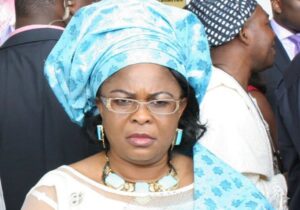The Manufacturers Association of Nigeria has warned that the recent floating of the naira, which has led to its devaluation, would increase raw materials import costs and reduce import flows. The association stated this in a position document signed by its Director-General, Segun Ajayi-Kadir.
It also noted that floatation could lead to exchange rate volatility and difficulty predicting future exchange rate movements, which would make planning challenging.
Despite these challenges, MAN expressed optimism that floating the naira remained an important step towards resolving the crisis rocking Nigeria’s forex market, especially given the fact that the official exchange rate was almost at par with the market-determined rate.
According to the association, the policy will increase market efficiency and help return investors’ confidence in the economy.
MAN said, “We would like to stress that foreign exchange scarcity has been a hindrance to the manufacturing sector. While getting the forex at the official rate has been quite difficult, members who struggle to get it through alternative means do so at an exorbitant and uncompetitive rate.
“Given a floating system, we are optimistic that the official and parallel market rates will eventually converge and will create headroom for investors to seamlessly have access to forex at a competitive rate.”
Beyond forex-associated challenges, MAN noted that erratic power supply and the high cost of alternative energy sources were also seriously draining the sector.










More Stories
Tinubu sacks NNPCL CEO Mele Kyari, replaces him with ex-Shell MD, Ojulari
Customs commences implementation of zero tax on imported pharmaceutical inputs for two years
NNPC’s termination of Naira for crude deal with Dangote heightens FX demand, as Naira weakens